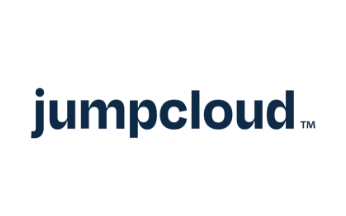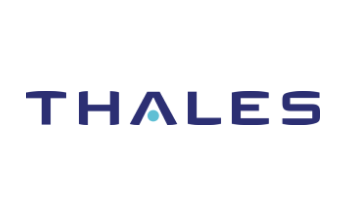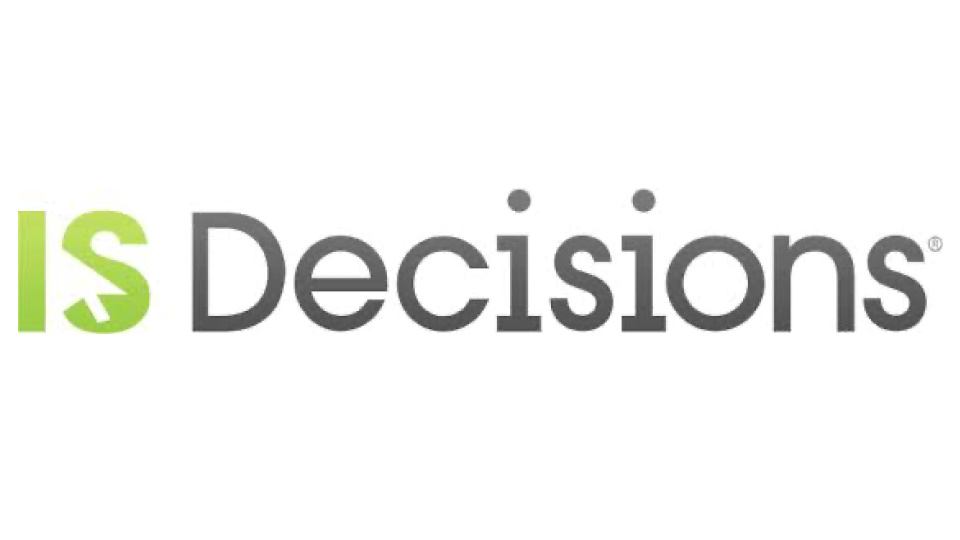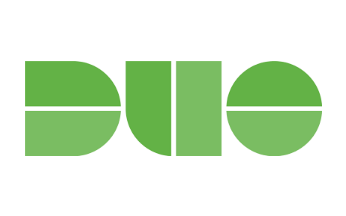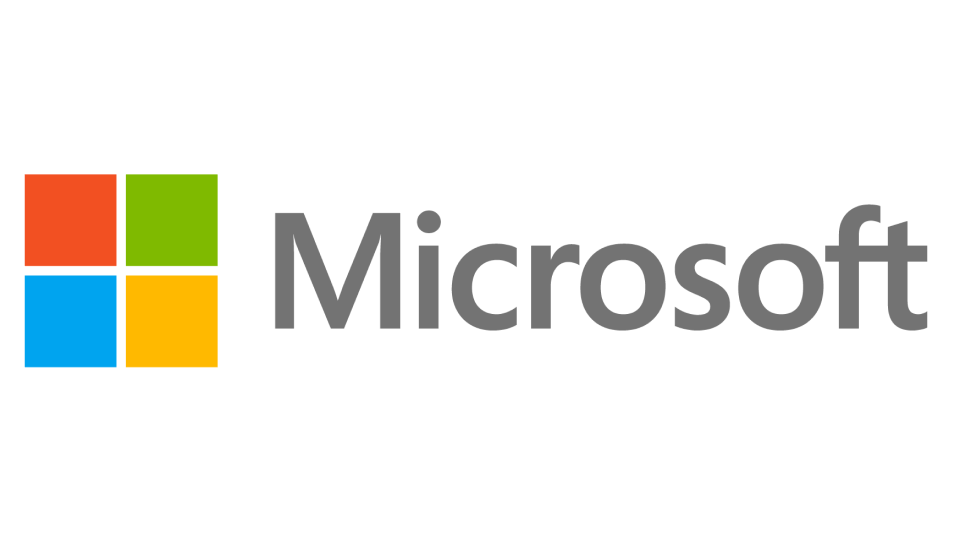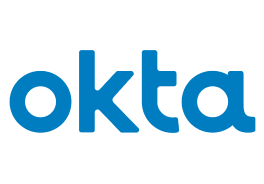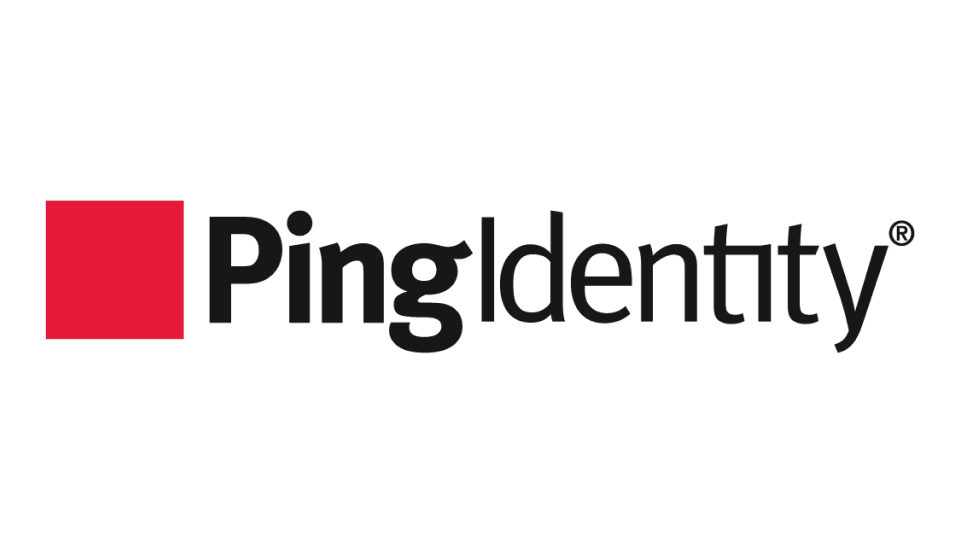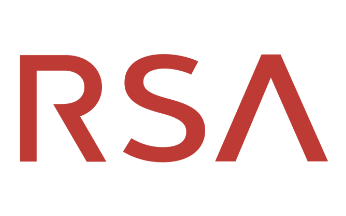Multi-Factor Authentication (MFA) Recommendations
What are MFA solutions? Multi-Factor Authentication (MFA) is a critical security process which adds an additional layer of protection to user authentication.
Why does MFA matter? Most data breaches are caused by compromised accounts. MFA helps to secure access to accounts by enforcing an additional authentication check during the login process.
- MFA is now standard practice for many consumer apps. But business adoption has been slower due to difficulties in management for admins and end users.
How MFA Works: Workforce MFA solutions enforce MFA across all enterprise SaaS applications, custom applications, on-premises applications, and end-user endpoints.
- End users: Solutions featured in this list enforce credential-based authentication via hardware and software. This may include asking an end user for a password, alongside the use of a credential keys, facial recognition, or a one-time passcode delivered to a smart device.
- Admins: Enterprise MFA solutions also enable network administrators to gain better visibility into users connected to their network and enforce protection across all users, with detailed reporting dashboards and policy controls. For this reason, MFA is seen as a fundamental step in achieving zero trust principles for organizations.
Enterprise MFA solutions are often delivered as part of a wider identity and access management platform, which can include wider authentication features such as single sign-on, privileged access management, and directory management.
Recommendations: Here is our advice for what to consider when choosing a multi-factor authentication solution.
- Flexibility: Prioritize flexibility in deployment and supported authentication solutions. Ensure that solutions do not add friction to end user login workflows – this will lead to additional support tickets. Ask vendors what happens if a user loses their authentication method or cannot access their account.
- Policies: Conditional access policies are an important way for admins to control who has access to what systems. Plan out your requirements and test solutions against them.
- Integrations: It’s important that the system you use can enforce authentication across all applications, devices, SaaS services, and custom architecture needed, and that deployment is scalable and easy to manage.
- Compliance: Many organizations are looking to roll-out MFA for compliance or insurance purposes. Make sure to check for compliance features such as auditing and reporting.
- Prioritize Users: Clearly define your specific requirements, use cases, and challenges before choosing a solution. Consult with company leaders and managers to ensure a fit for all teams to mitigate against friction during onboarding.
The Best MFA Solutions For Business: Shortlist FAQs
Why should you trust this Shortlist?
This article was written by the Content Director at Expert Insights, who has been covering cybersecurity, including identity and access management, for over 6 years. This article has been technically reviewed by our CEO and founder Craig MacAlpine who has over 25 years’ experience in the cybersecurity industry.
Research for this guide included:
- Conducted first-hand technical reviews and testing of several dozen leading identity providers.
- Interviewed dozens of executives in the identity and access management and user authentication industry for first hand insight into the challenges and strengths of different solutions.
- Researched and demoed over 50+ identity and access management solutions in several categories over several years.
- Spoken to several organizations of all sizes about their MFA challenges and features.
- Read multiple third-party and customer reviews from multiple outlets including paid industry reports.
This guide is updated at least every 3-months to review the vendors included and ensure features listed are up to date.
Who is this Shortlist for?
We recommend all organizations have a strong multi-factor authentication solution in place. Typically, we would recommend investing in a platform which also includes identity and access management, identity governance, and further authentication capabilities, such as single sign-on. This list has therefore been written with a broad audience in mind.
How was the Shortlist picked?
When considering MFA solutions, we evaluated providers based on the following criterion.
Features: Based on conversations with vendors, end customers, and our own testing, we selected the following key features :
- Employee experience: Support for multiple authentication methods, ease of use when authenticating, speed, and simplicity.
- Admin policies & dashboards: Support for granular admin policies to enable access controls and deploy zero trust frameworks. Dashboard should be easy to use and show reporting and analytics.
- Adaptive authentication: Using contextual data to identify and block malicious login attempts by enforcing additional authentication controls.
- Passwordless authentication: Ability for admins to eliminate password usage in the organization, e.g. biometric authentication.
- Phishing-resistance: MFA which cannot be phished via the use of stolen credentials or session tokens.
- IAM capabilities: Additional IAM capabilities and further support for authentication features such as enterprise single sign-on.
Market Perception: We reviewed each vendor included on the Shortlist to ensure they are reliable, trusted providers in the market. We reviewed their documentation, third-party analyst reports, and where possible we have interviewed executives directly.
Customer Usage: We use market share as a metric when comparing vendors and aim to represent high market share vendors and challenger brands with innovative capabilities. We have spoken to end-customers, and reviewed customer case studies, testimonials, and end user reviews.
Product Heritage: Finally, we have looked at where a product has come from in the market. We have looked at when companies were founded, their leadership team, their mission statements, and their successes. We have also considered product updates and how regularly new features are added. We have ensured all vendors are credible leaders with a solution we would be happy to use ourselves.
Based on our experience in the identity and broader cybersecurity market we have also considered several other factors, such as the benefit of consolidating multiple features into a single platform, the quality of the admin interface, the customer support on offer, and other use cases.
There are over 400 vendors in the user authentication market. This list is designed to be a selection of the best providers. Many leading solutions have not been included in this list, with no criticism intended.



